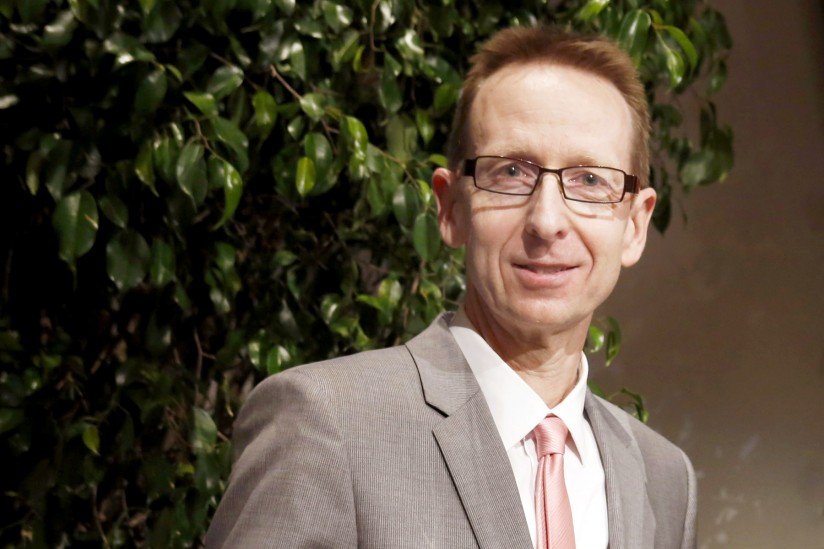
Sought: A neuroscientist with leadership experience to serve on the committee that reviews California’s funding of stem cell research.
Found: Neurobiologist Michael Quick, provost and senior vice president for academic affairs at USC.
State Controller Betty T. Yee today appointed Quick to the committee that oversees the financial decisions of the California Institute for Regenerative Medicine.
The Citizens Financial Accountability Oversight Committee, a six-member panel chaired by the state controller, reviews and provides recommendations on CIRM’s financial practices. The institute was created in 2004 when voters approved a proposition to accelerate medical stem cell research.
“Dr. Quick’s leadership skills and in-depth understanding of cutting-edge research will be of great value to our committee as we work to make California’s stem cell agency a model for the world,” said Yee, the state’s chief fiscal officer, who cited his decades of research, teaching and administrative experience in her announcement.
Before becoming provost this year, Quick served as executive vice provost and previously as vice dean for research in the USC Dornsife College of Letters, Arts and Sciences and director of the university’s Neuroscience Graduate Program.
Lab work
Quick joined the biology faculty at USC in 2002 and established a laboratory to study how neurons send and receive signals. He has won several individual and center grants from the National Institutes of Health and has authored more than 60 scientific papers over the course of his career.
Quick was on the faculty of the University of Alabama at Birmingham before joining USC. A popular and dynamic lecturer, he holds teaching awards from both universities. He earned his PhD in neurobiology from Emory University and conducted postdoctoral research at the California Institute of Technology.
According to the state’s announcement, CIRM funding promotes all areas of stem cell research that show promise to accelerate new treatments. The agency issued its first grants in 2006 with a focus on training young scientists and building new research facilities. By 2009, the agency started investing in potential future therapies made possible by the first awards.
Quick’s appointment to CIRM fits both his personal background and the ideal of USC, as he described it when he was installed as provost in April: “the great private research university whose singular focus is on serving the global public good.”
